Preview2017 - Outlook for Germany's Energiewende
German climate lead in G20 expected as elections to set tone domestically
Elections, G20 set to dominate Energiewende policy
 Get a clue of the Energiewende's presumably most important trends and events in 2017 in this article.
Get a clue of the Energiewende's presumably most important trends and events in 2017 in this article.
"I don’t think the momentum can be reversed"
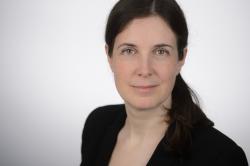 says Camilla Bausch, Director at Ecologic Institute Berlin. Read the interview here.
says Camilla Bausch, Director at Ecologic Institute Berlin. Read the interview here.
"A top-down approach won’t get us very far"
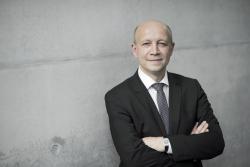 says Andreas Kuhlmann, Chief Executive of the German Energy Agency (dena). Read the interview here.
says Andreas Kuhlmann, Chief Executive of the German Energy Agency (dena). Read the interview here.
Missing emission targets would be "disastrous signal"
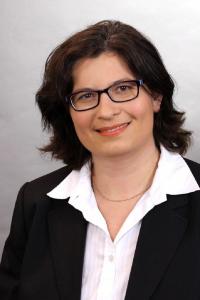 says Erika Bellmann, Climate and Energy Expert at WWF Germany. Read the interview here.
says Erika Bellmann, Climate and Energy Expert at WWF Germany. Read the interview here.
"The debate on energy transition costs will intensify"
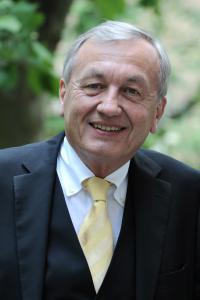 says Uwe Franke, President of the German Member Committee of the World Energy Council. Read the interview here.
says Uwe Franke, President of the German Member Committee of the World Energy Council. Read the interview here.
"Urgent matters won’t be tackled in election campaign"
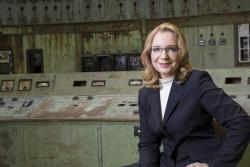 says Claudia Kemfert, Energy Economist at the German Institute of Economic Research (DIW). Read the interview here.
says Claudia Kemfert, Energy Economist at the German Institute of Economic Research (DIW). Read the interview here.
"Prosperity and decarbonisation are not mutually exclusive"
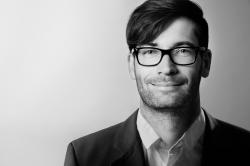 says Frederik Moch, Head of the Confederation of German Trade Unions' (DGB) Structural, Industry and Service Policy Department. Read the interview here.
says Frederik Moch, Head of the Confederation of German Trade Unions' (DGB) Structural, Industry and Service Policy Department. Read the interview here.
"High pressure to decarbonise heating sector"
 says Robert Busch, Managing Director of the Association of Energy Market Innovators (BNE). Read the interview here.
says Robert Busch, Managing Director of the Association of Energy Market Innovators (BNE). Read the interview here.
Bring ideological coal debate "back to civilised level"
 says Ralf Bartels, Head of Energy Transition / Sustainability Department at the Trade Union for Mining, Chemicals and Energy Industries (IG BCE). Read the interview here.
says Ralf Bartels, Head of Energy Transition / Sustainability Department at the Trade Union for Mining, Chemicals and Energy Industries (IG BCE). Read the interview here.
"Coal exit must start now"
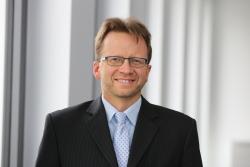 says Harald Uphoff, Deputy Director of the German Renewable Energy Federation (BEE). Read the interview here.
says Harald Uphoff, Deputy Director of the German Renewable Energy Federation (BEE). Read the interview here.
"Turn Energiewende into an advantage for industry"
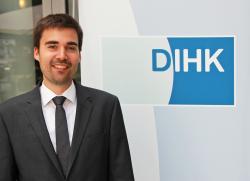 says Sebastian Bolay, Coordinator for Energy Policy at the German Chambers for Commerce and Industry (DIHK). Read the interview here.
says Sebastian Bolay, Coordinator for Energy Policy at the German Chambers for Commerce and Industry (DIHK). Read the interview here.
"Transport is the problem child of the Energiewende"
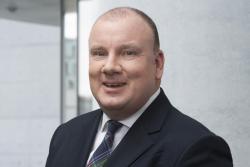 says Christian Hochfeld, director of think tank Agora Verkehrswende. Read the interview here.
says Christian Hochfeld, director of think tank Agora Verkehrswende. Read the interview here.
